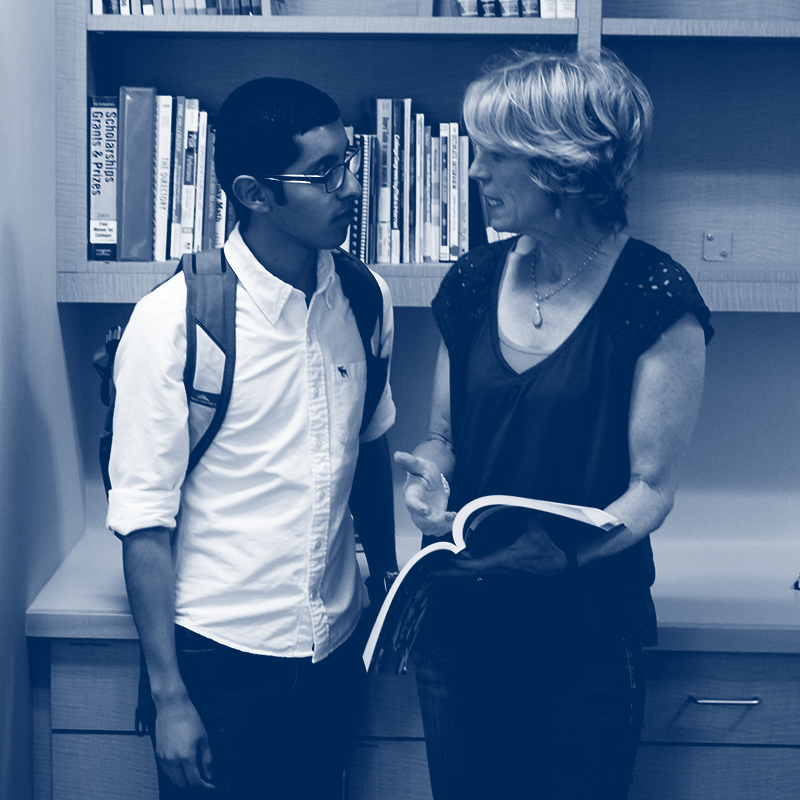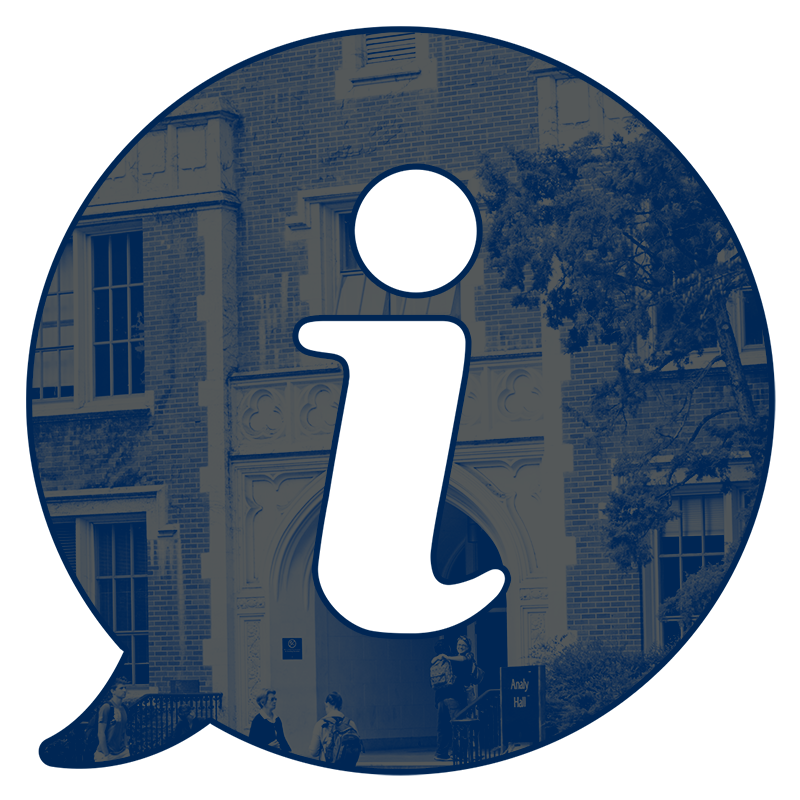- For students under 18, FERPA grants them privacy rights, preventing college staff from sharing information with parents/guardians without the student's consent.
- Dual Enrollment offers valuable benefits, allowing high school students to gain college experience before graduating.
- Parent/guardian involvement at the college level may shift from direct to indirect, requiring open communication and discussing expectations.

There are many potential benefits to a dual-enrollment program. These benefits include:
- High School students enroll for free. Dual enrollment classes save students money on tuition.
- Transferable college credits.
- Eases the transition from high school to college.
- Potential reduction of time needed to finish a college degree.
- It provides a head start on the college experience.
- Exploration for career education certificates.
- Field of study exploration that may help the student choose a major later.
- Choosing classes or programs not currently available at their high school.
- Improvement of time management skills, study habits, and handling responsibility.
- Students have access to the college resources and library.
- Classes may offer a lower ratio of students to instructors.
- Students are more likely to pursue a degree.

Steps for Success
The Steps to Success include:
- Apply
- Apply for Admissions
- Apply for Financial Aid
- Online Orientation
- Students must complete an online orientation in their Student Portal.
- Education Plan Workshop
- Create an academic plan with an SRJC counselor, guiding you on class selection and scheduling.

Guidelines and Responsibilities for Student Privacy and Communication
-
In the Family Educational Rights and Privacy Act (FERPA), higher education officials and instructors are prohibited from sharing student information with anyone, including friends, family, or others, without written consent from the student, even if the student is a minor.
-
Due to FERPA regulations, instructors will not initiate contact with parents, resulting in rare interactions between instructors and parents.
-
Parents need to have a conversation with their students about their expectations for communication, whether it be through email, letter, visit, or phone.
-
Students will solely handle conduct issues, both inside and outside the classroom. However, parents can guide conflict resolution while respecting professional and personal boundaries.
-
Academic bills will be electronically sent to the student, and it will be their responsibility to handle them. Similarly, budgeting and spending matters fall under the student's responsibility. Parents and students are advised to discuss expectations regarding spending, earning, and borrowing.
-
Students are expected to motivate themselves to work, attend classes, study, participate actively, and complete their coursework.

SRJC offers various support services at local high schools within our District. These services include assistance with Financial Aid applications, OpenCL Apply workshops (for admission), "Seniors Presentations" covering success steps to SRJC and general information, as well as College Nights for parents/guardians. Students should stay updated with school announcements or contact the high school Counseling Office for more information.
Helpful links:
- About SRJC
- High School Dual Enrollment
- Application for Admission
- Schedule of Classes
- Steps for New Students
- Transfer Track at SRJC Petaluma
- College Safety
- Student Learning Outcomes Assessment
- Decades of Excellence
Other helpful links are listed on the Resources page or go to www.santarosa.edu for more options.